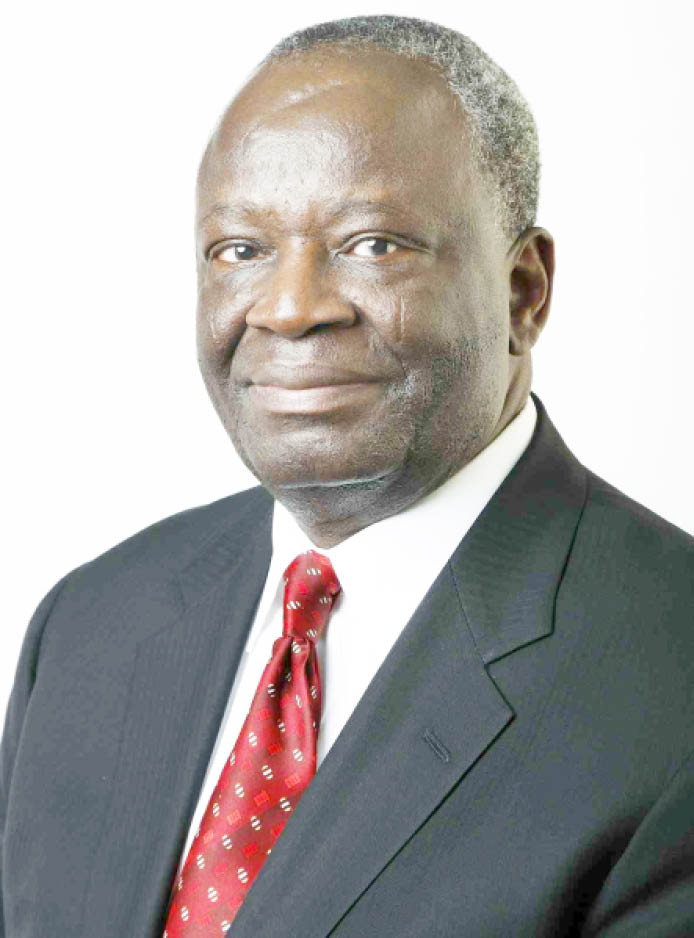2023 elections: Set aside differences, move forward, Presidency tells Nigerians
Prof. Ibrahim Gambari, Chief of Staff to President Muhammadu Buhari, has asked Nigerians to set aside their differences of the just concluded general elections and chart a way forward for nation building. Gambari said this on Thursday in Calabar while delivering the 35th convocation lecture of the University of Calabar. The topic of the lecture […]

Prof. Ibrahim Gambari
Prof. Ibrahim Gambari, Chief of Staff to President Muhammadu Buhari, has asked Nigerians to set aside their differences of the just concluded general elections and chart a way forward for nation building.
Gambari said this on Thursday in Calabar while delivering the 35th convocation lecture of the University of Calabar.
The topic of the lecture was ‘The Leadership and Followership Question in Nigeria: Imperatives of an Ethical Re-Orientation’.
He said the 2023 polls had been conducted and winners had emerged, adding that Nigerians should join hands in building a better country.
Electricity cheapest in Nigeria, says FG
Sudan crisis: Hajj fare may rise above N3m as airlines decline signing agreement
He said the convocation lecture was taking place at a time when the country was going through a transition that would culminate into the inauguration of a new leadership on May 29.
Gambari said that it was time for Nigerians to collectively have an introspect in order to carry on the work of national advancement with a renewed vigour and a shared commitment.
“Our journey of nationhood and statehood began in earnest at independence in 1960 amidst high hopes that, as the biggest concentration of people of African descent, we had a manifest destiny to lead Global Africa on its journey of rebirth and transformation.
“Our hopes were bolstered by a number of other factors that were at play. These included the rich resource endowments with which we were and are still blessed, and the giants of political leaders who worked to usher the country to independence.
“These political leaders were remarkable as much for their vision and commitment to national development and progress as for the integrity and sense of responsibility with which they conducted public affairs.
“The high hopes of that led to independence and early post-colonial years gradually began to wane amidst rising acrimony, dissension and discord among the leaders of the First Republic,” he said.
He noted that at a time Nigeria was locked into a cycle of ethno-regional recriminations, inter-religious suspicions and generalised instability.
“I have never by any stretch of the imagination subscribed to the pessimistic school of commentators who exaggerate the problems of our country and downplay its successes as a vocation,” (NAN)
